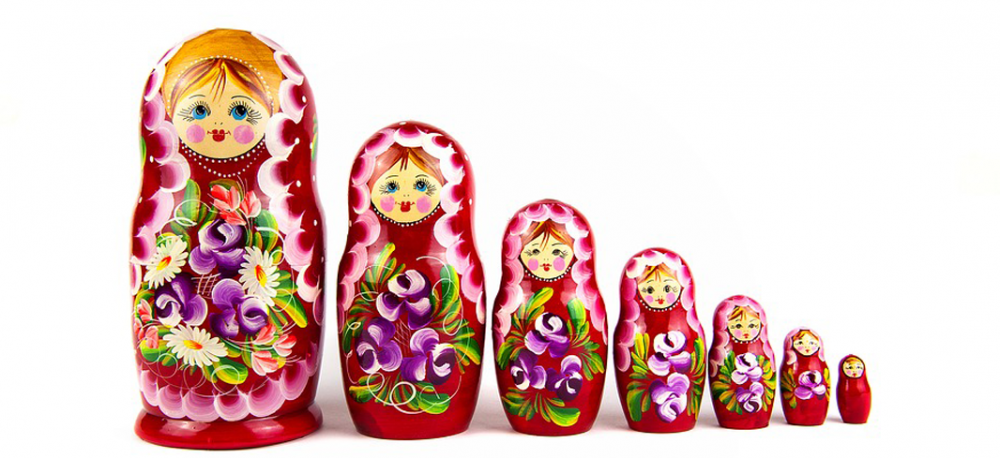Learning Russian
Let’s face it, most people would be quite fearful of learning a language like Russian, but what many people don’t realise is that, surprisingly, Russian is one of the world’s most spoken languages. Did you know that Russian is spoken in countries like Armenia, Azerbaijan, Belarus, Estonia, Georgia, Ukraine, Uzbekistan, Kyrgyzstan, Kazakhstan, Latvia, Lithuania, Moldova, Tajikistan and Turkmenistan? It’s even spoken in Israel.

Russia is a huge country — actually the biggest country in the world by area — and has a full 28 UNESCO World Heritage Sites. From the Kremlin to the Golden Mountains of Altai — there's an immense cultural and ecological wealth to be found in Russia. You can fly to St. Petersburg from London in around three hours, so it really isn’t that far away. However, only about 5% of Russians speak English, and in most Russian cities you’ll find almost no signs written in English. If you want to learn, therefore, it’s definitely worth tackling the Cyrillic alphabet and learning some phrases to communicate on any travels you may have.
Ok, it’s one of the most difficult languages to learn and has a complex grammatical structure, as well as the Cyrillic alphabet looking off-putting, but when you do learn it, what an accomplishment! It's actually easier than you think. There are two challenges to learning Russian — grammatical rules, and the declensions and perfective and imperfective forms of the verbs. The Cyrillic alphabet is easy in comparison. Most of the shapes of letters are the same or similar, so you’ll simply need to readjust how your brain associates letters with certain phonetics.
This Slavic language has an astounding wealth of consonants, creating a captivating musical quality. Most people find languages with a rich variety of vowels appealing ¬– Italian has the vowels A, E, I, O, U and characteristic diphthongs, which is one reason why Italian sounds melodic to foreigners. Russian is the same.
When you start to learn Russian, a whole range of other languages opens up to you. Russian is a member of the Indo-European language group, and specifically the Slavic family. Even with just a beginner’s grasp, you can quickly understand the other Slavic languages. The three subfamilies are:
- The East Slavic languages, which all use the Cyrillic alphabet (Belarusian, Russian, Ukrainian).
- The South Slavic languages, which either use the Cyrillic (Bulgarian, Macedonian) or Latin (Croatian, Slovenian) alphabets, while Serbian uses both.
- The West Slavic languages, which use a modified Latin alphabet (Czech, Polish, Slovak).
To some, given the history of communism, Stalin and the Cold War, Russia is seen as a threat. When you learn Russian, however, your worldview changes, because you’ve acquired a new language and because it breaks down your preconceptions about a fascinating part of the world. Also, the Russian people are ready to integrate worldwide.
So while Russian is less popular as a second language than learning Mandarin, for example (a language that's even more difficult for English speakers to grasp), this is a shame. Many economic opportunities are arising in Russia, Eastern Europe and Central Asia, especially in the world of culture. So listen to the Red Army Ensemble, embrace the challenge and go forth!
Удачи!
Udachi!


